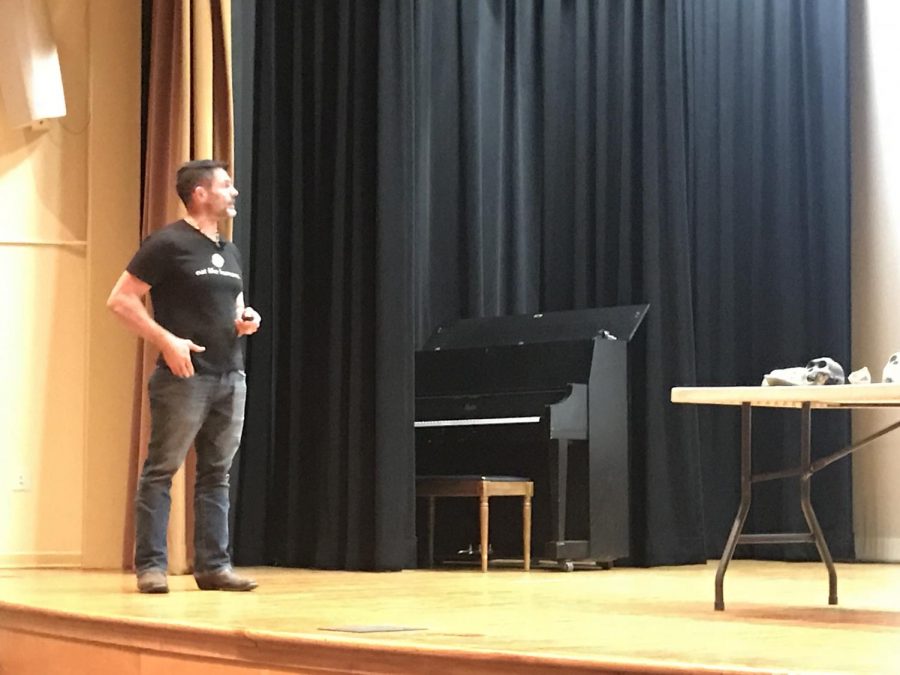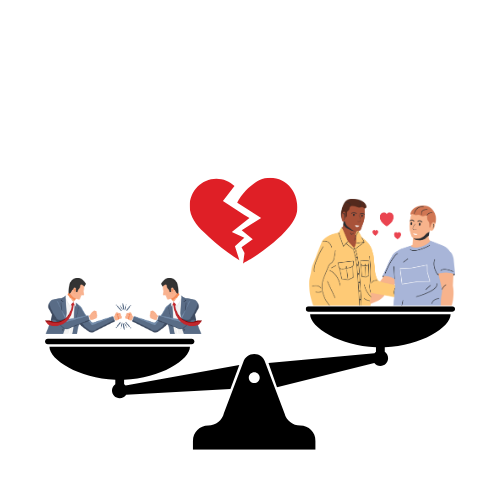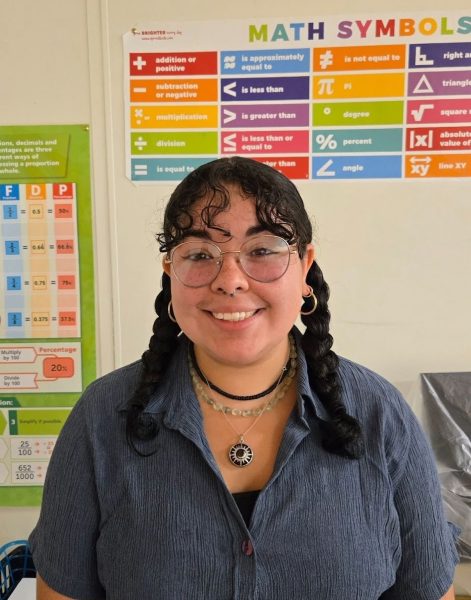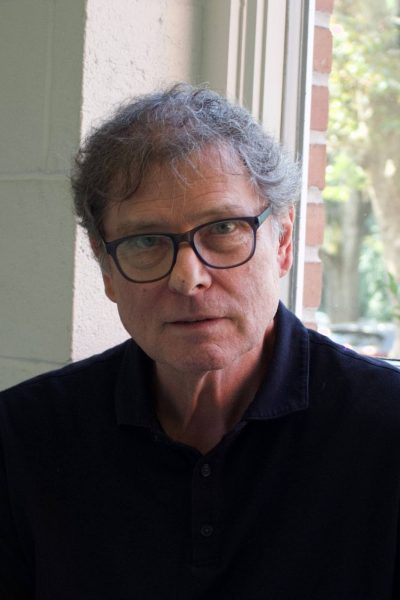“Professor Caveman” Tells Moravian How to Eat Like a Human
Moravian College welcomed esteemed professor and celebrity historian Dr. Bill Schindler to campus to taste-test dishes in this semester’s History Cook Off and give a talk on the state of modern food in Prosser Auditorium.
Schindler is a well-known figure both in and out of academia. He is a professor of archeology and anthropology at Washington College in Maryland, specializing in experimental archeology, a field that uses reverse engineering processes and artifacts to answer questions about the historical record that anthropology, history, and archeology cannot answer alone.
Experimental archeology is a developing field, and Schindler is at the forefront of it. He is most well-known for his appearance on the National Geographic show “The Great Human Race,” which follows Schindler and survival expert Cat Bigney as they walk in our ancestors’ footsteps, reliving turning points in our evolutionary history using only the advances and skills that were available in that age. He is also known for his unconventional teaching style, which has students making meals from scratch, including crafting bows and arrows, hunting deer, skinning and processing the deer, and cooking stews.
In his talk titled “Eat Like a Human Again,” Schindler argued that today’s processing of food is causing an overall decline in human health and that the general public needs to reevaluate the way they acquire food.
He opened his talk with a very thought-provoking statement: “The thing that used to nourish us is now destroying our planet and killing us: food.”
Schindler explained how throughout evolution humans have constantly made advancements in technology in order to create more opportunities around food. Humans created technologies to mimic the dietary habits of other animals, such as knives to replicate cheetahs’ claws and grinding rocks to replicate birds’ gizzards.
However, our advances in food production and processing have also stripped and filtered food of nutrients, making them less healthy.
The Aztecs in North America, for example, relied mostly on maize (or corn) for their staple diet, Schindler said. Other peoples at the time, such as Spaniards, however, ate corn but didn’t process it in a way that released its nutrients. As a consequence of eating unprocessed corn almost exclusively, the Spaniards developed a deadly vitamin deficiency.
“[Humans are] biologically the weakest species on the planet, so we have an incredibly difficult time accessing resources directly from our environment. But we have a superior brain that lets us make up for a lack of physical attributes,” Schindler said.
In the case of corn, we have an intelligent brain that can figure out that soaking corn in lime before consuming it allows our bodies to break down the corn and receive its nutrients.
Schindler further explained how one should be aware of the kinds of foods that they are eating. “I don’t suggest just cutting out food groups. For example, don’t say, ‘I’m not going to eat fats’ or ‘I’m not going to eat sugar,’ because you can still gain nutrients from those foods. Instead, look to eat foods that are processed in a way that your body can break them down and that are ethically produced,” Schindler said.
Schindler described how today’s production of meat is unethical because of the wastefulness in the way butchers process it. “Half of the animals make it to the shelves,” he explains. “Only 50% of the cow and only 55% of the pig by weight. The other half that is thrown away represents more than half of the calorific value that the animal provides. There are 13 to 31 days worth of caloric intake for a single person from the parts that are usually ignored by butchers from a single white tailed deer. We eat too much meat but not enough animal. Put a face back on the meat on our plates. We forget that an animal gave its life to feed us.”
Schindler was clear that he was not here to educate the audience as a dietician. Rather, he hopes to encourage people to reconnect with their food and consider how it is made.
Schindler closed his talk with a haunting line: “We are the only evolution of humans that can be obese and malnourished at the same time. We eat too much. Before, we sought out the most nutrient dense food in small quantity. Now we seek out nutrient-free food in large quantity so we can eat more. It’s not eating like a human.”







